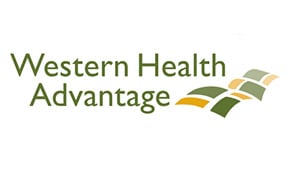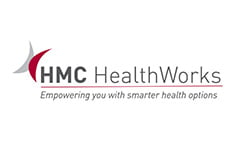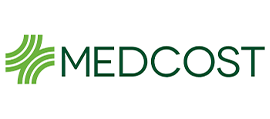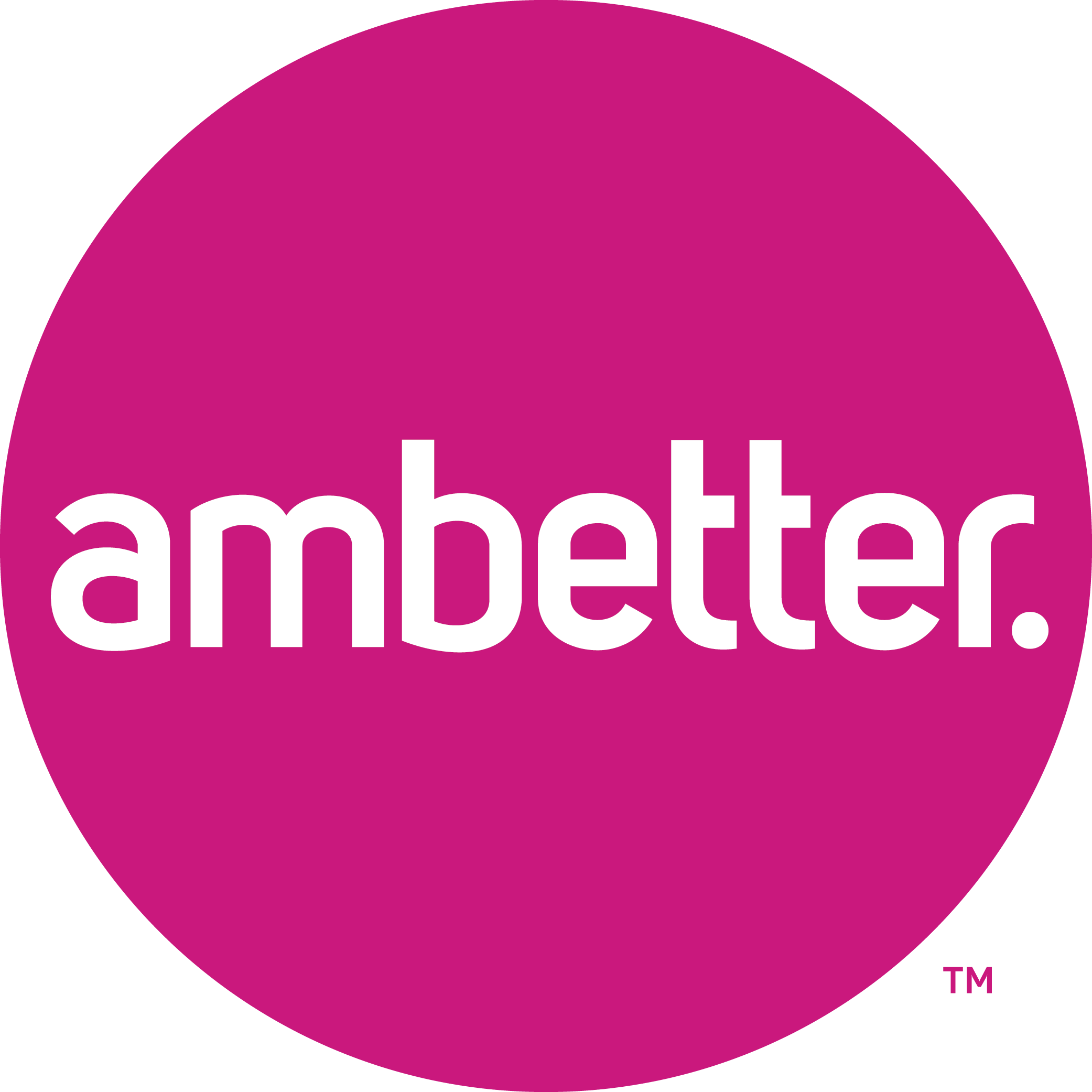Since 1999 the number of prescription opioids sold in the U.S. has nearly quadrupled, as did deaths from substances like oxycodone, hydrocodone, and methadone. Although these painkillers are the leading culprit in the ongoing, alarming opioid epidemic in the nation, other drugs like stimulants and benzodiazepines are abused recreationally, as well. For instance, Xanax has seen the second-largest pharmaceutical increase in production after oxycodone, with rates having increased by 148% from 2004 to 2009. Knowing this, it’s understandable why the need for prescription drug rehabilitation has increased. If you or a loved one needs this form of care, our rehab in Texas can help.
What Are Prescription Drugs?
Prescription drugs include medications that are prescribed by a healthcare physician to treat physical or mental health problems. When taken as directed, prescription medications are generally safe and help people feel better. However, misusing prescription drugs can lead to various harmful side effects, including addiction.
Numerous prescription drugs can become addictive if misused, such as opioids, benzodiazepines (benzos), stimulants, and sedatives. People may abuse these drugs for various reasons, with addictions often starting innocently. Prescription pill abuse usually takes place when individuals take more doses than they’re prescribed.
It’s also important to consider medications that aren’t generally considered addictive in the same way that opioids or benzos are, such as antidepressants. Substance use disorders aren’t just physical but often mental, and many people can become emotionally dependent on a drug that isn’t considered to be “addictive” in the first place.
Signs of Prescription Drug Abuse
For those who use opioids for chronic pain, for instance, the risk of becoming addicted is high for this reason. Others might begin using these drugs simply because they like the sedative or stimulating effects or believe that taking more of them will end up being more effective.
In the end, however, the more a person uses a drug, the more tolerant of it they become. As a result, they will eventually hit a point when they need to use more of it just to experience the same effects as before. This, unfortunately, is a common spiral to addiction.
When a person begins to misuse their prescription medications, they may exhibit certain physical and behavioral changes. These potential warning signs that someone is misusing prescription drugs include:
- Stealing, forging, or selling prescriptions
- Taking higher doses than prescribed
- Mood swings or irritability
- Increased or decreased sleep
- Poor decision-making
- Spending time with people who also abuse drugs
- Appearing to be high, unusually energetic, or sedated
- Lying about “losing” refills to request more prescriptions
- Going from doctor to doctor to request more prescriptions (doctor shopping)
- Lying about symptoms or ailments to obtain prescriptions
An individual may also show physical signs of drug abuse, including:
- Constipation
- Nausea and/or vomiting
- Euphoria
- Slowed breathing rate
- Drowsiness
- Confusion
- Poor coordination
- Impaired judgment
- Worsening or increased sensitivity to pain (hyperalgesia)
- Slurred speech
- Problems with memory
- Increased alertness
- Irregular heartbeat
- High body temperature
- Irregular heartbeat
- High blood pressure and body temperature
- Anxiety
- Paranoia
The signs of prescription drug abuse depend on the substance in question. For example, while someone who’s abusing oxycodone might exhibit drowsiness and sedation, someone who’s abusing Adderall might seem overly energetic and revved up. If you recognize any of these signs in your loved one or have exhibited any yourself, our prescription drug rehabilitation in Texas offers the in-depth care needed for long-term sobriety.
Our Treatment for Prescription Drug Addiction in Waelder
Unlike some prescription drug addiction treatment centers, our Texas treatment center offers numerous treatment options for prescription drug addiction, including medically supervised detox, individual and group counseling, and more. Our substance-specific treatment programs are also held on a residential level of care, during which clients live at our facility so they can receive 24-hour care and support away from distractions.
Usually, clients at our prescription drug rehabilitation center begin their addiction care plans with medical detox. This is a form of treatment in which clients are slowly weaned off of drugs and treated for their withdrawals. Withdrawal symptoms occur when individuals with physical drug dependence reduce or cease substance use and are the most common signs of developing an addiction.
Withdrawals are one of the most difficult aspects of addiction recovery to get through, which is why medical detox is important. Our Texas detox programs are led by our medical team and include medication-assisted care (as needed) to reduce any pain or discomfort. By offering this form of treatment, we increase our patients’ chances of moving forward in recovery and avoiding relapse in the early stages of care.
Following detox, clients work with our counselors and therapists in individual and group settings to pinpoint the source of their drug use disorders and most common triggers. Individually, clients can connect with counselors to discuss healthy and effective ways of coping with cravings, avoiding relapse, and breaking the relapse cycle. Group therapy is equally as important as it exposes clients to others in the recovery community, promoting comfort and motivation.
Contact Our Prescription Drug Treatment Center
At Banyan Treatment Centers Texas, relapse prevention is an important component of our patients’ addiction care plans, which is why we work personally with them to help them build the best sober skills possible. After detox, we’ll help you address the psychological factors of your substance use disorder and guide you in your transition to a sober lifestyle.
Contact Banyan today to get started with our treatment for addiction to prescription drugs or learn about our other forms of Texas drug and alcohol treatment.
Sources:
- CDC – Understanding the Epidemic
- Health Research Funding – 20 Profound Xanax Addiction Statistics
Related Reading:
Other Treatment Options
Most Insurance Plans Accepted
At Banyan Chicago our goal is to make sure that anyone who needs treatment from drug and alcohol addiction are able to get the help needed to assist them on the road to recovery. If you don't have insurance contact us to inquire about alternate methods regarding treatment for yourself or a loved one.






















